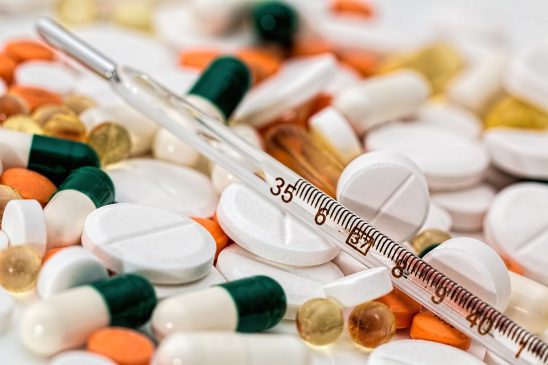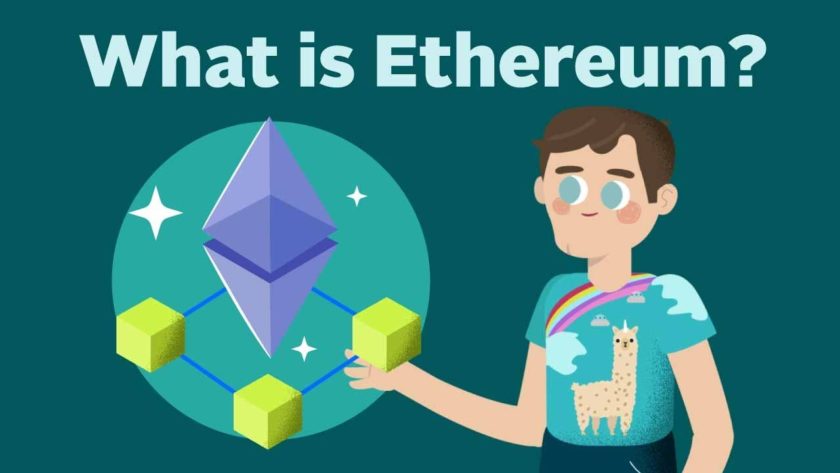Indian Govt. Think Tank, Oracle Aim for Blockchain Drug Logistics
September 29, 2018 by Akshay Makadiya
Indian government think tank NITI Aayog has officially signed a partnership with info-tech heavyweight Oracle and others to pilot a blockchain-powered pharmaceutical logistics system aimed at combating the growing spread of counterfeit drugs.
Also see: Wealth Manager App B21 Secures Enterprise Account at OKCoin
Subscribe to the Bitsonline YouTube channel for great videos featuring industry insiders & experts
Weeding Out the Counterfeit Drugs
The National Institute of Transforming India (NITI Aayog) and Oracle India have inked an agreement to develop a blockchain-based platform for tracking activity in India’s domestic pharmaceutical supply chain.
Apart from NITI Aayog and Oracle India, the three-month pilot project is also comprised of non-governmental parties like India’s top hospital chain Apollo Hospitals and drug manufacturer Strides Pharma Science Ltd.
The new collaboration is set to introduce a combination between a distributed ledger system and Internet-of-Things (IoT) software. However, the specific date when the pilot project will kickoff has not yet been made public, though current stakeholders expect a rollout in 2019. The experiment is intended to eradicate the chronic, widening issue of fake medicine in India.
Of the team-up, NITI Aayog chief operating officer Amitabh Kant said:
“The problem of fake and counterfeit drugs is a major issue and the partnership will help drug manufacturers and healthcare experts eliminate fake drugs.”
Increasing Visibility With Blockchain Technology
Per the pilot’s intended design, medicines will be granularly assigned serial numbers and registered on the immutable ledger that’s to be developed by Oracle. The distributed timestamping will highlight any attempts of tampering throughout the supply chain, reducing the entry of counterfeit drugs. The shared ledger will grant all stakeholders of the supply chain complete logistical auditability. Supply chain participants will also be able to verify metadata, like originating locations, through the forthcoming system.
In a statement, IT giant Oracle said the move marked a shift to a “proof-based” pharmaceutical system in the nation:
“By piloting a real drug supply chain using blockchain and IoT software, they can support governments and healthcare experts to quickly detect fake drugs and aide authorities to enforce penalties on wrong-doers with easy, proof-based data.”
India is a major manufacturer and exporter of medicines, but its present drug supply chain infrastructure has multiples gaps that foster the spread of counterfeit medicines. A recent report from the World Health Organization indicated that over 35 percent of counterfeit medicines sold globally are manufactured in India.
Earlier in April, NITI Aayog committed to accomplishing a proof-of-concept for a blockchain solution to counter counterfeiting. The deal with Oracle and co. seems to be the latest direct step towards the commitment.
Can blockchain technology completely eradicate the market of counterfeit drugs? Is it not so simple? Share your views in the comments section.
Images via Pixabay




